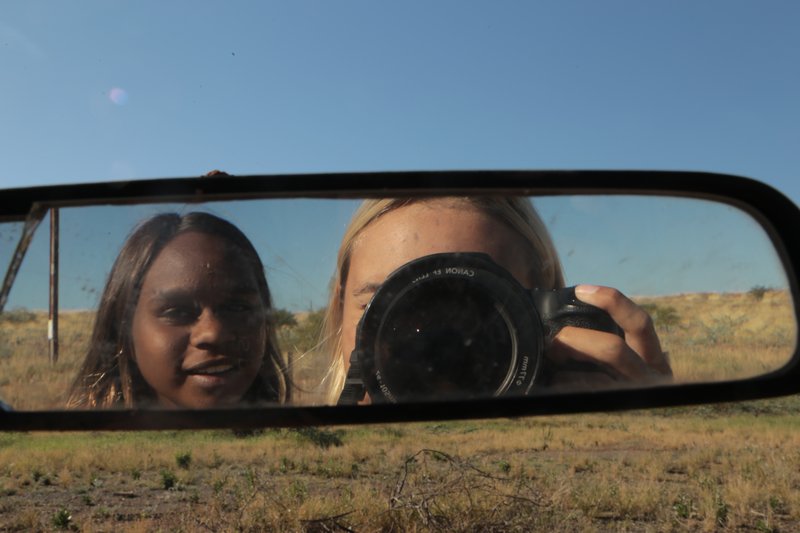NAVA Curriculum Consultation
NAVA is hosting an open consultation via zoom on the changes in the Australian Curriculum, 4pm 17 June 2021.
NAVA is hosting an open consultation via zoom on the changes in the Australian Curriculum, 4pm 17 June 2021.

Image: Chenise Cameron, Untitled, 2020. Ngarluma Country (Roebourne), WA.
The Australian Curriculum for students from Foundation (Kindergarten) to Year 10 is currently under review. It is open for public consultation until 8 July 2021.
It's important for visual artists, arts workers, teachers and educators to provide feedback to ensure this review builds on the strengths of the existing curriculum, improves its accessibility for classroom teachers, and deepens engagement and knowledge of the visual arts for students. We need your voice to champion an arts-rich education.
Join us online via Zoom to find out more about the changes and have your say. We want to know: What do you like about the draft? What’s missing? What needs more work?
Time: Thursday 17 June, 2021 4:00 - 5:00 PM AEST Canberra, Melbourne, Sydney
Accessibility: An Auslan interpreter and live captions will be available for the event. Please email leya@visualarts.net.au if you have any other access needs.
As this is a short meeting, we encourage you to read the Arts curriculum documents in preparation. At a minimum, please read over the comparative information for The Arts, Foundation to Year 6 (all subjects) as well as the comparative information Visual Arts Year 7 to 10.
If you are a school teacher, NAVA can offer a letter of attendance for you to log it as Professional Development hours. If you are unable to attend this meeting, you are welcome to email your feedback to nava@visualarts.net.au. Alternatively you can provide feedback on The Australian Curriculum: The Arts through the ACARA survey. You can see a copy of the survey questions before you begin.
Strengths:
Opportunities:
NAVA acknowledges and pays respects to the rightful custodians of the many First Nations Lands upon which this online event will be streamed and received. We recognise all Custodians of Country throughout all lands, waters and territories. We pay our respects to the Elders past, present and emerging. Sovereignty was never ceded.